Enzo Ferrari did us all a favour when he declined Henry Ford II’s bid to buy his eponymous company. So enraged was Ford that, in a subsequent bid to beat Ferrari on the track with the GT40, some of the prettiest racing cars in history emerged from Maranello in retaliation – the 206 Sport Prototipo included.
Flattery, in its sincerest form
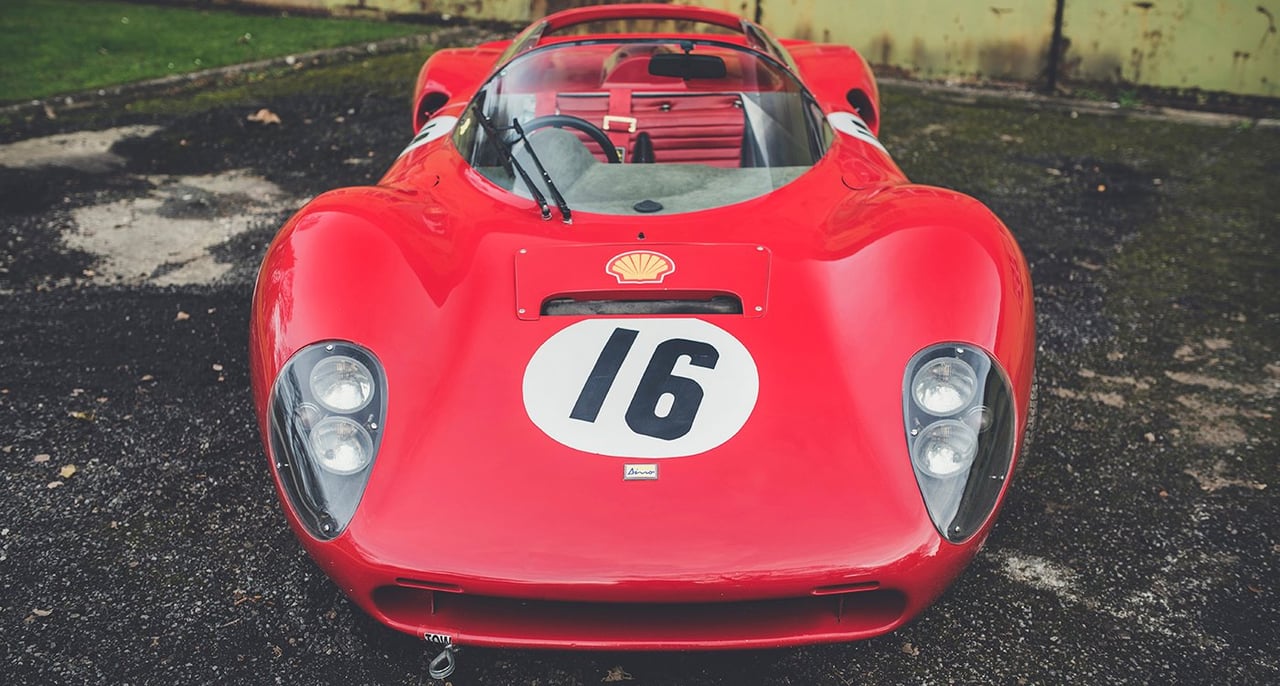
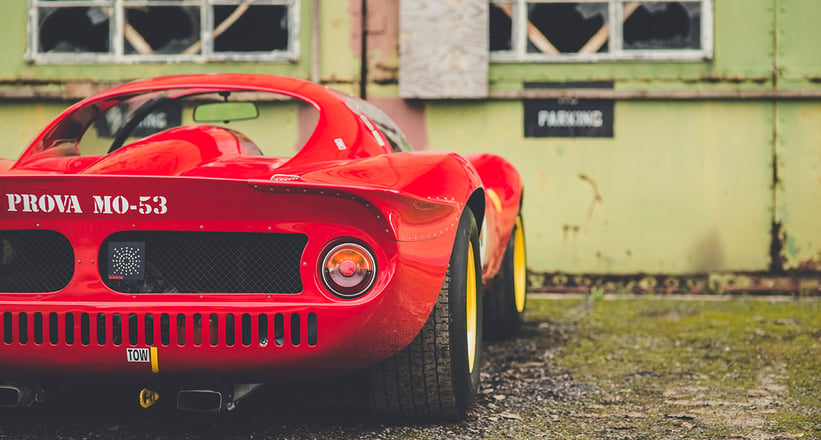
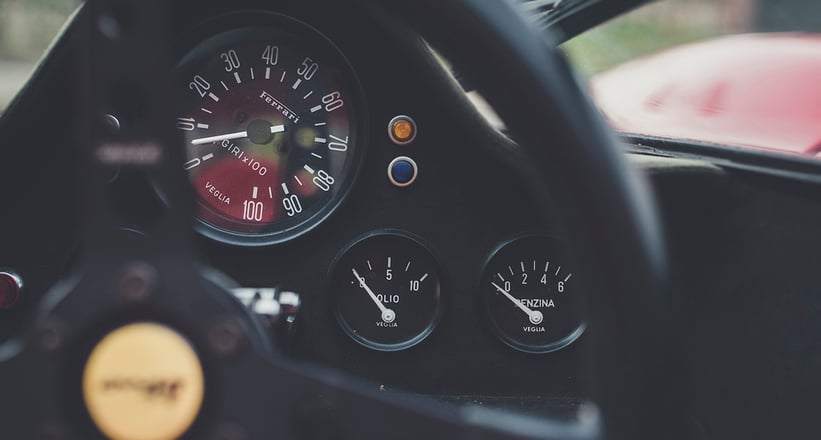
Its sinuous Drogo-built bodywork – akin to that of the more powerful 330 P, only shorter and smaller – was shrink-wrapped around a spaceframe chassis, itself harnessing the ingenious Dino V6 designed by master engineer Vittorio Jano together with Enzo’s son Alfredo. It’s so achingly pretty that it’s hard to draw your eyes away from its opulent and perfectly proportioned body. There simply isn’t an angle from which it doesn’t dazzle, something you certainly can’t say about today’s prototype racers.
Ferrari had hoped to build 50 examples of the 206 S in order to homologate the car for Group 4 racing, but owing to financial woes that would ultimately lead to the Fiat merger, only 18 were built, hence the letter P (denoting Prototype) was added to its name. It was perhaps inevitable, then, that such a gorgeous and successful competition Ferrari, built in low numbers and of such value, would inspire people to copy it. As such, there are many replicas out there, varying drastically in quality and expertise. This example happens to be one of, if not the finest out there.
Reconfiguration
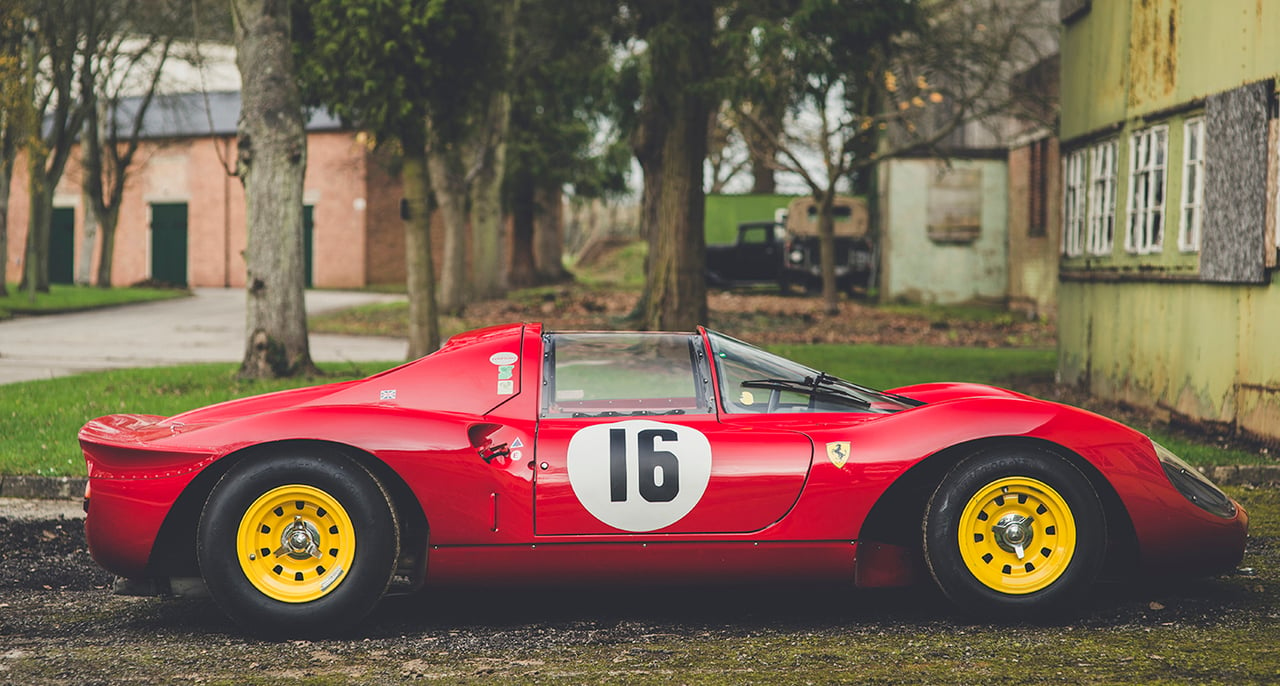
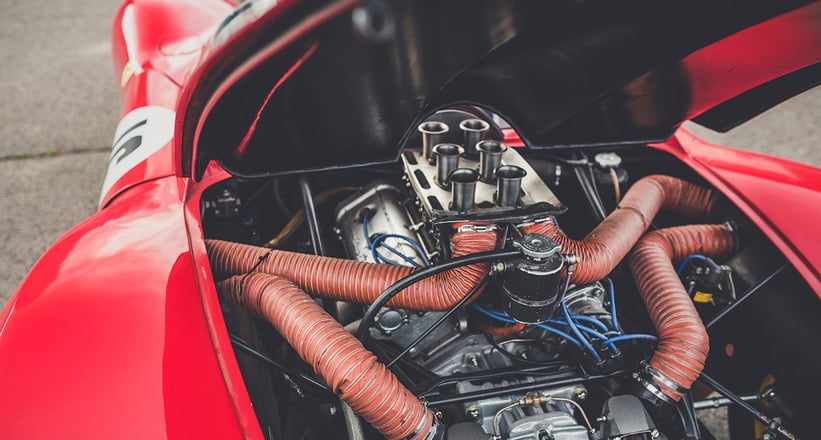
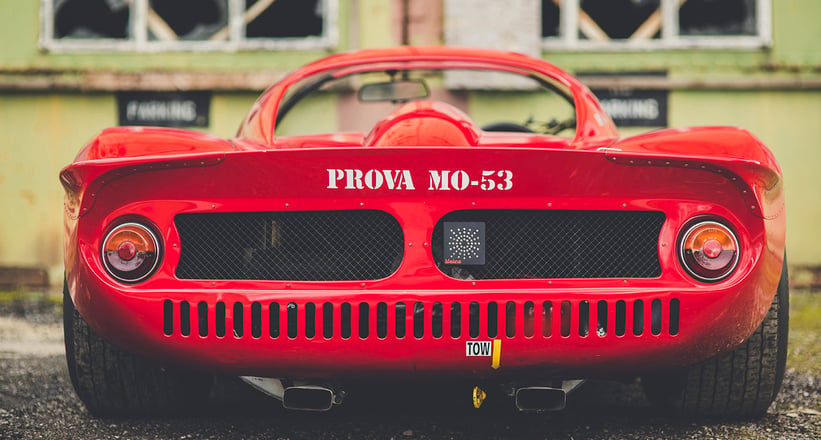
What you’re looking at is a meticulous, ‘tool-room’ reconfiguration of a 206 SP, built from the ground up utilising many original Ferrari parts. It was completed in 2001 and has resided with its current owner since then. “I bought a spares package from another quite famous 206 including, among many other things, three steering racks, two lots of running gear, uprights, a windscreen and a spare front body.” What he didn’t have was a chassis, an engine or a gearbox, though detailed chassis drawings were also obtained in the deal.
The car was built over a number of years, beginning at Ferrari specialist Bob Houghton, before moving to RM Wilson Engineering in Leicester. Its breathtaking bodywork was fabricated by Shapecraft using the original front section and windscreen, and is virtually indistinguishable from the real thing. Power is drawn from a later four-valve, 2.4-litre engine developing circa-250bhp that a few 206 SPs ran in period and, though a 250 LM gearbox was initially fitted to handle the more powerful engine, it’s now equipped with the correct Dino unit.
A well-travelled track weapon
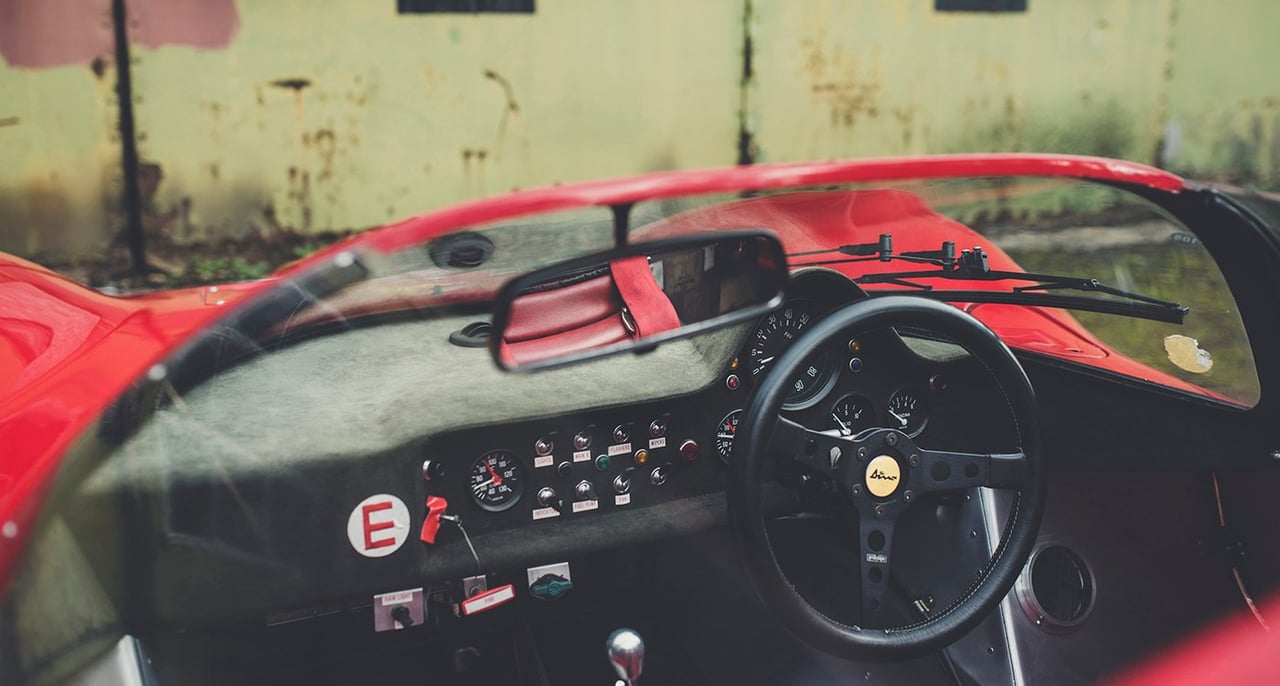
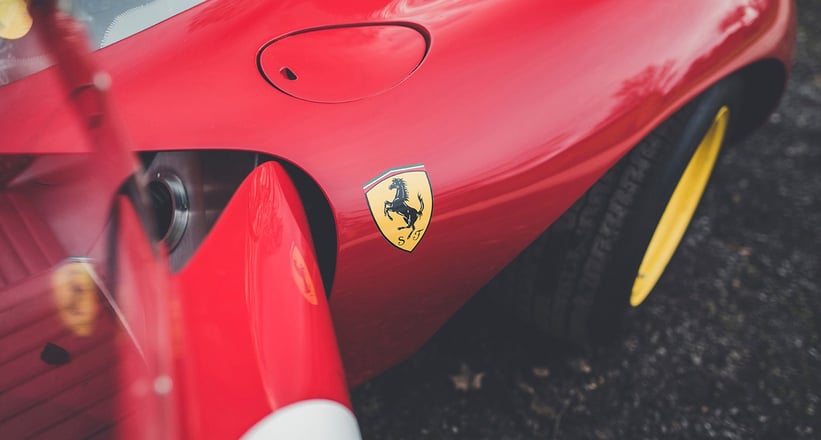
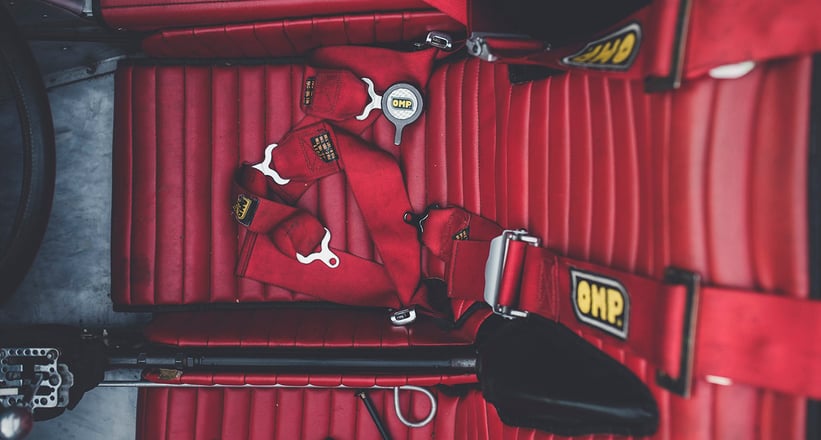
“We had it at Silverstone for its first run and the famous Ferrari privateer David Piper happened to be there,” says its owner. “He got very excited about the car, thinking it was real because it looked so perfect. I asked if he’d take us round, and he did. He liked it, but said it needed some sorting, so I made a deal with him whereby he’d run the car as part of his historic racing team, free to do as he wished, including service and maintenance.”
Given its relatively short life, this Dino’s had a remarkably busy competition career. It’s also particularly well-travelled – between Piper and its owner, it’s competed across the globe from Goodwood and Sweden, to South Africa and even Australia. And for a car set up by an ex-Ferrari privateer driver who remembers exactly how the factory 206 SPs drove in period, it is inevitably competitive. “It’s very quick, especially on slicks. At Killarney in Cape Town it was within 0.2sec of David’s V12-engined 365 P, and at Phillip Island we got an overall win against much larger-capacity sports cars such as Ford GT40s. It’s been driven by a lot of professional drivers, and they all love it.” A few short laps on the Bicester Heritage test track was enough to see and feel the car’s potential, not to mention experience that soul-stirring V6 growl.
Soul-stirring
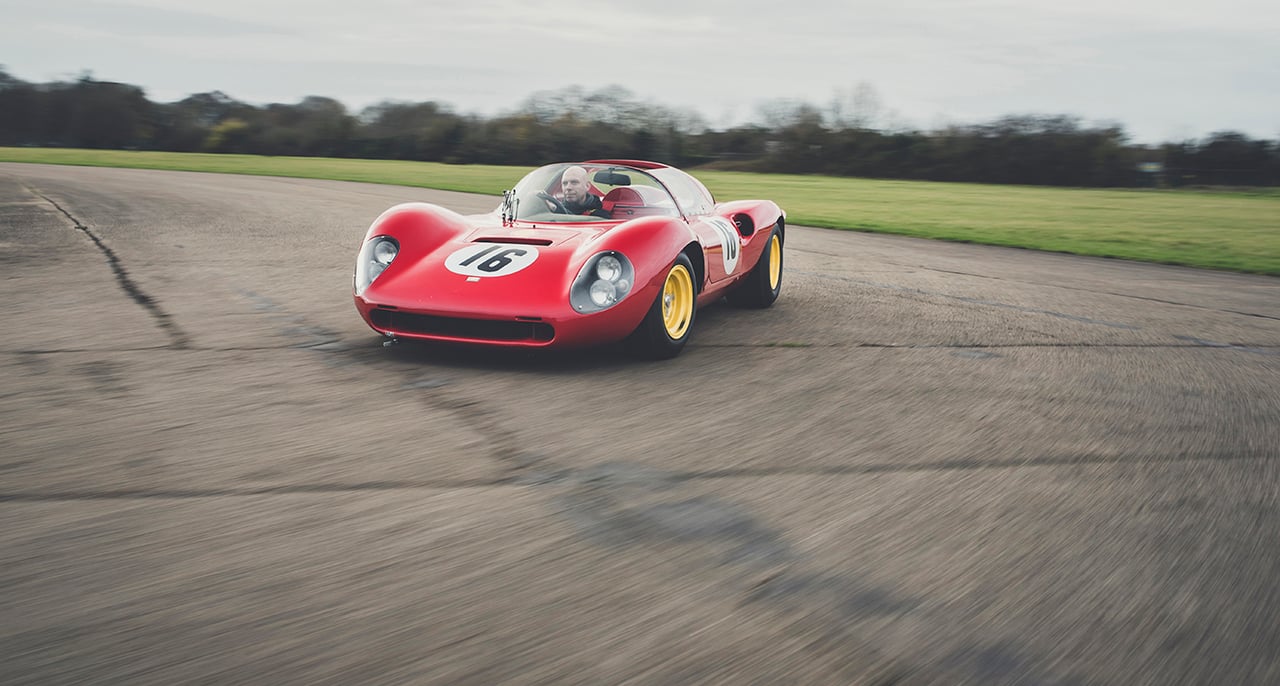
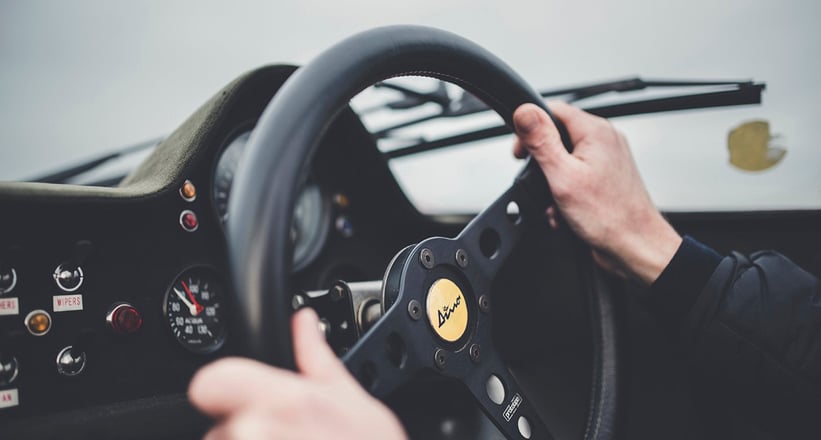
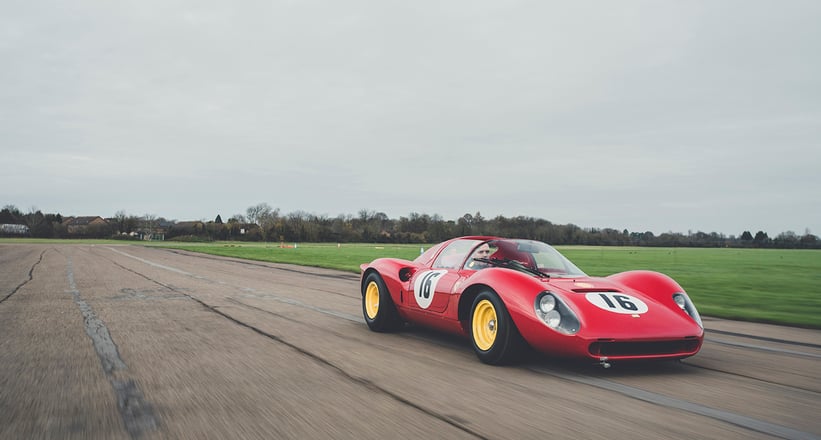
This 206 SP reconfiguration makes no pretence of being the real deal. It does not have an original Ferrari chassis number stamped to its frame. It is not claiming the identity of a car lost in history thanks to the cruel wrath of motorsport. “It’s a new chassis so there’s no way it can pretend to be something else, nor would we have wanted to do that,” its owner comments. “I’ve always been very careful about that.” It is, however, accurate in almost every way and, according to its owner, is more original than some of the original cars, many of which have opted for different gearboxes.
It’s currently available from Classic Driver dealer Legends Automotive, which is offering the car on the owner’s behalf. “This car is so well-respected in the historic racing community, and it’s raced at many events including the Goodwood Revival,” say Melvin and Daniel Glanz of Legends Automotive. “Lord March wouldn’t have taken it if he weren’t happy. We’re not putting it across as something that it isn’t. It’s a work of art that’s been painstakingly built with many original parts and mechanically sorted by a famous ex-Ferrari privateer driver – it’s on the button and ready to race...”
No pretence...
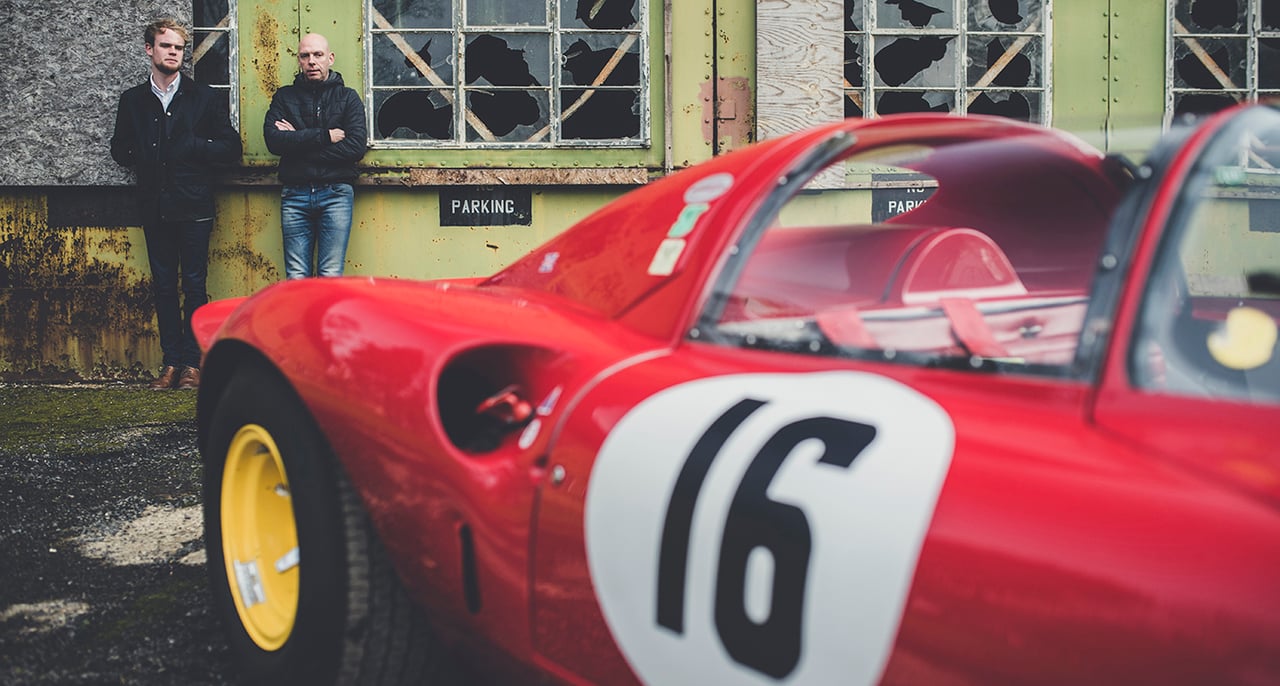
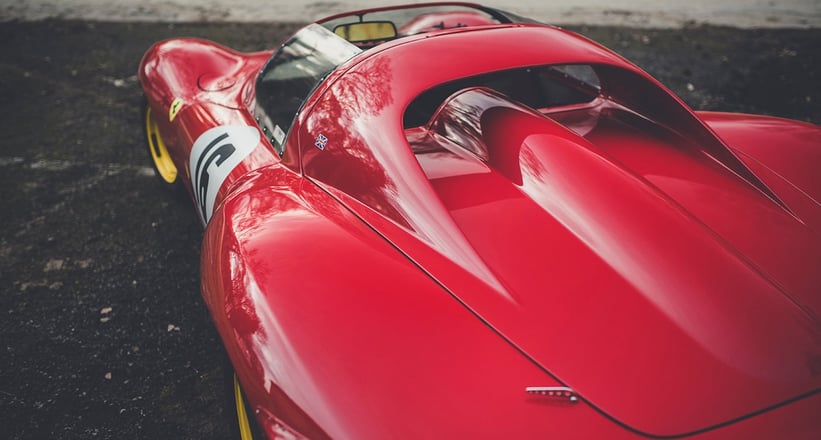
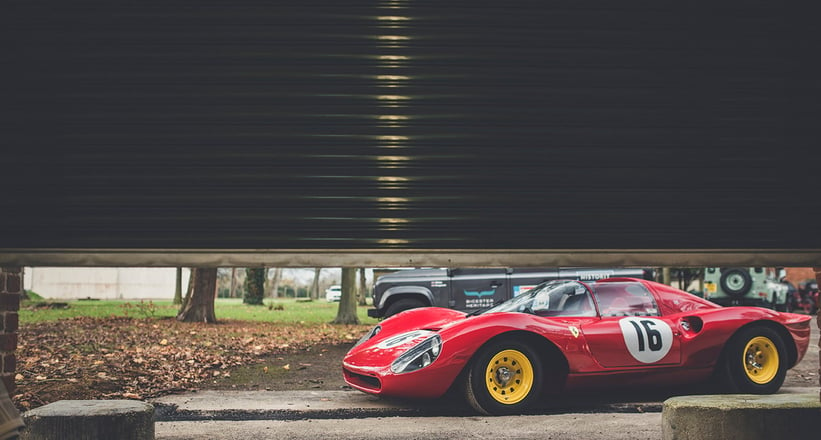
We’re well aware that opinion will be divided when it comes to recreations and replicas, and we don't want to open Pandora’s box here. What we can do, though, is paint the facts. Just how different is this car to a Classiche-certified Ferrari built up from a chassis? It has been correctly constructed to be as faithful to the original as possible and, as its owner summarises, “a lovely car is a lovely car”. How can we possibly argue with that?
Photos: Amy Shore for Classic Driver © 2016






























